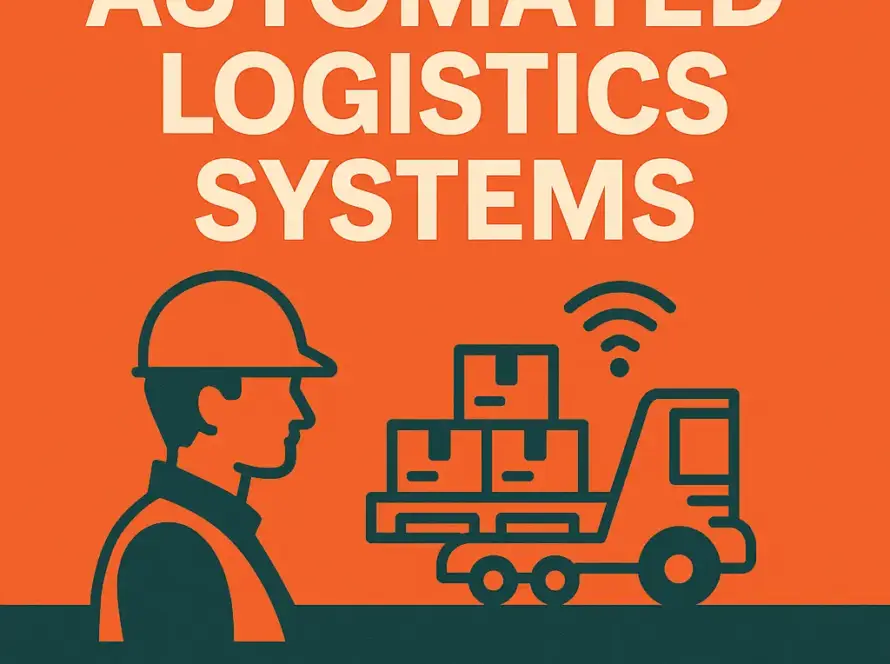The pharmaceutical industry is undergoing a major transformation, and at the centre of this shift is automation. In the UK, where stringent regulations and high demand define the landscape, pharmaceutical companies are increasingly turning to automated systems to remain both compliant and competitive. From manufacturing to quality assurance, automation is not just a luxury — it’s a necessity.
Why Automation Matters in Pharma

In an industry where even a minor error can result in product recalls or legal challenges, automation in the pharmaceutical industry plays a crucial role. It ensures that processes are repeatable, consistent, and compliant with MHRA and EU GMP regulations. Transition words like ‘moreover’ and ‘therefore’ help clarify how automation boosts accuracy while reducing human error.
Key Benefits: Compliance and Efficiency

One of the primary reasons automation has gained traction is its ability to ensure real-time data logging and batch tracking — essential for audits. Automated workflows not only reduce operational costs but also allow UK-based pharmaceutical firms to scale their production without compromising on quality. Furthermore, automation reduces downtime and supports predictive maintenance of critical equipment.
Automation Tools in Action
From robotic process automation (RPA) in administrative tasks to AI-driven analysis in research and development, the technologies deployed are diverse. For example, PLC-controlled systems are now widely used to regulate environmental conditions in cleanrooms — a task that once required manual intervention and constant monitoring.
Challenges and Considerations
While the advantages are clear, automation implementation comes with its own hurdles. Data integration, upfront costs, and staff training remain common concerns. However, with proper planning and the right partners, these challenges can be turned into opportunities for growth and innovation.
Future Outlook for UK Pharmaceutical Automation
The future is undeniably automated. As AI and machine learning technologies mature, we can expect even greater levels of efficiency, personalisation in treatments, and better supply chain management. Companies that delay adoption risk falling behind in both compliance and market share.

Conclusion: Get Expert Help on Your Next Automation Project
In conclusion, automation in the pharmaceutical industry is not just about saving time — it’s about securing your business’s future. Compliance, efficiency, and scalability go hand-in-hand when the right automation solutions are in place. Ready to transform your pharmaceutical operations? Contact us today to speak with our experts at IAE Contractors.

